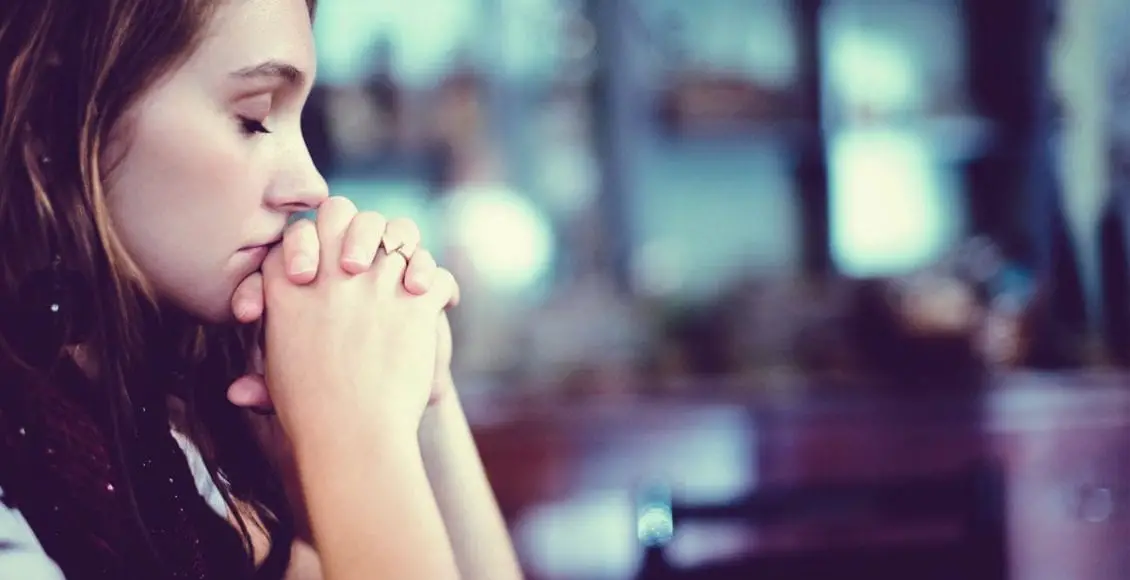“I certainly have not the talent which some people possess,” said Darcy, “of conversing easily with those I have never seen before. I cannot catch their tone of conversation, or appear interested in their concerns, as I often see done.”
― Jane Austen, Pride and Prejudice
Did Mr. Darcy suffer from a case of social anxiety? Or was he simply an introvert by personality? Introversion and social anxiety may look the same at a passing glance.
Both conditions cause an aversion to large crowds, a preference for solitude, and a dislike for small talk and needless social interactions. However, the two mindsets are actually very different. Although some introverts may suffer from social anxiety, there are just as many who do not have any trace of it at all. Likewise, many socially anxious people are actually misunderstood extroverts.
Not sure where you fit in? Here are eight ways to discern between the two:
1. Social anxiety interferes with one’s ability to function effectively in the world.
Introversion does not. In fact, some of the strengths associated with introversion may even enhance a person’s capacity to succeed socially and professionally.
2. Social anxiety can manifest in coping mechanisms such as avoidance and withdraw.
Although introverts may engage in these behaviors as well, there is no underlying sense of fear or fight-or-flight response that drives them to do so. It is a personal preference, rather than a survival strategy.
3. Socially anxious people often perceive – correctly or incorrectly – that they do not measure up to the scrutiny of others.
Introverts do not experience this sensation any more than an extrovert would.
4. Social anxiety is often associated with perfectionism, whereas introversion is not.
In fact, introverts are often much more accepting of their own flaws and failures than their extroverted counterparts.
5. Introverts are unlikely to give in to social pressure for the sake of acceptance.
They will simply leave the situation. Those who suffer from social anxiety, however, are highly susceptible to peer pressure. They are much more likely to adopt a behavior they don’t enjoy or understand in order to fit in and gain a group’s approval.
6. People who suffer from social anxiety fear being “outed”, or revealed as not good enough.
As Shauna Niequist described it, “I’ve spent most of my life and most of my friendships holding my breath and hoping that when people get close enough they won’t leave, and fearing that it’s a matter of time before they figure me out and go.” Introverts do not experience this acute sense of fear.
7. Social anxiety manifests in a strong focus on presentation, performance, and perception.
These things are less important to an introvert, who is more inclined to take notice of content, intention, and substance.
8. Introversion is an inborn personality trait.
If you are introverted, you have likely been this way your entire life.
Social anxiety, however, is often the result of stress or trauma. If you suffer from this condition, you may have been outgoing and socially driven during your childhood. You may even be able to pinpoint the time – and reason – in your life when you began to feel social discomfort.
“I’m not anti-social. I’m just not social,” wrote Woody Allen.
Which are you?



